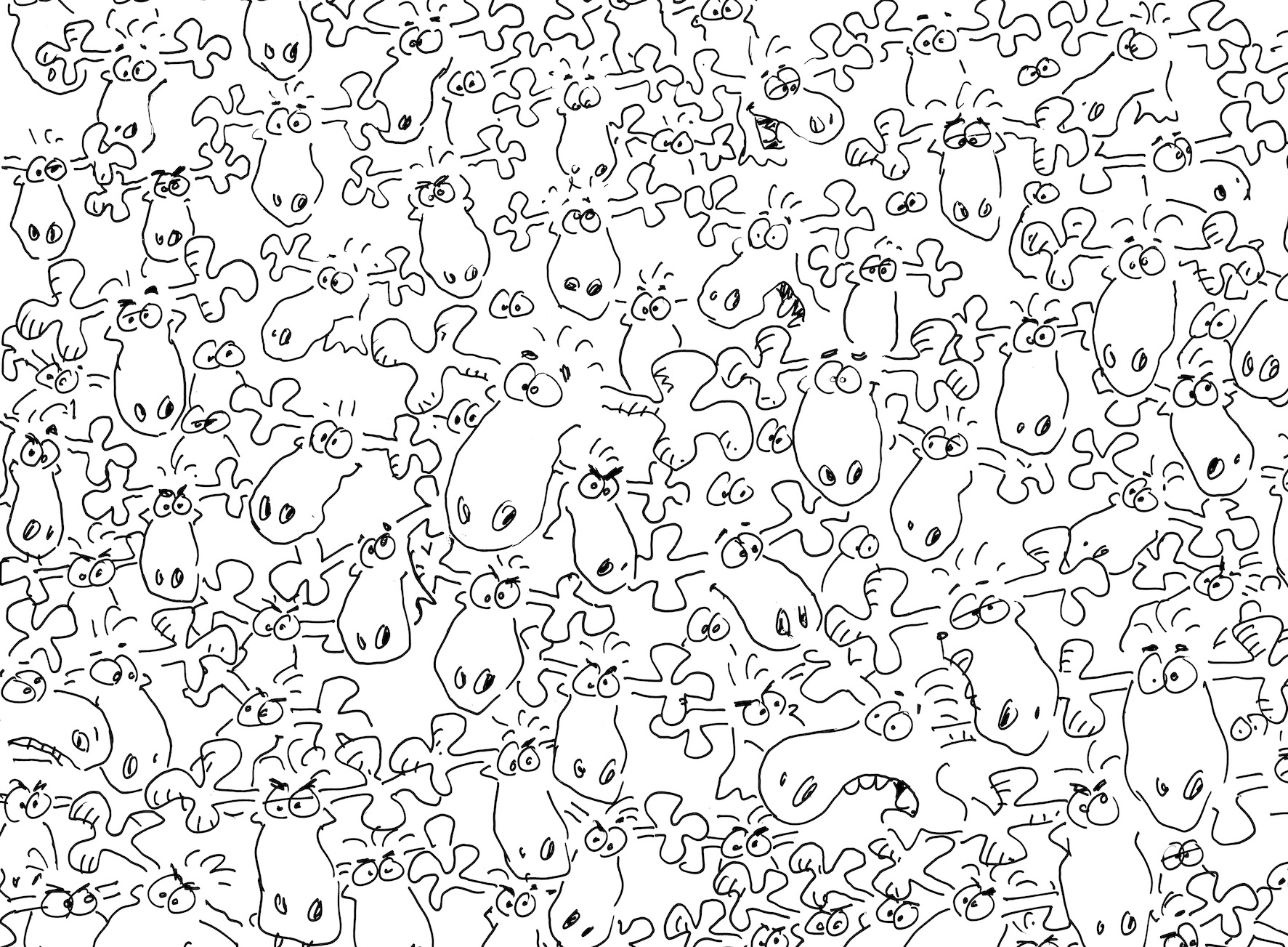 Sirens of the City TP
Sirens of the City TP
Writer: Joanne Starer
Artist: Khary Randolph
Colorist: Khary Randolph, w/Matt Herms on ch. 5-6
Letterer: Andworld Design
Publisher: BOOM! Studios
Publication Date: May 2024
I can’t help but think of Tupac’s “Brenda’s Got A Baby” when reflecting on Sirens of the City. This pregnancy affects a whole community but the thing is, it shouldn’t. Written by Joanne Starer, Sirens of the City is about choice. That’s what threads through each chapter in the story of Layla, as she deals with an unwanted pregnancy, fathered by Jerome (‘Rome). In chapter one, we see Layla and are introduced to the people that will seek to influence or support her. This is one of the most visually striking comics I’ve ever read. Khary Randolph’s line-work, how the environments can fall back into gray, giving a sense of atmosphere and then the use of color focus in panels and pages is stellar; like an elevation of the visual language of Sin City. What’s more is the energy and emotionality of the characters. Layla is so expressive and the opening splash is an excellent eye into the theme. An abortion clinic is an unfortunate space of contention as protesters meet Layla’s approach with signs and vitriol over her desire to terminate her pregnancy. It’s such a striking image even before we’re given the supernatural and super-powered elements.
At sixteen (just a baby herself) and homeless, Layla is not ready to be a mother. What’s more; a victim of the system, she has not had a nurturing familial structure and longs to connect with her mother.
Each chapter presents a new look at yet another interested party with plans and grand machinations for Layla’s potential child, none of them taking any real interest in what Layla wants or in Layla’s well-being. Chapter two sees a new understanding of the pregnancy as Layla meets the coven of her new acquaintance Marisol’s mother. What’s compelling about the coven is the reality of women’s safety when confronted with the reality and ever-present threat of male violence. The more explicit extension of male violence here is the incubi, the opposite of sirens (what Layla and Marisol are). The coven sees the baby as a means of power and protection from the threat of incubi/male violence and want Layla to see the pregnancy to term. The incubi want the pregnancy aborted, and while it initially seems like it’s out of care for Rome, the power they have over women through their powers and through violence is something that they can’t allow to be challenged.
Chapter three sees more groups trying to decide for Layla but it also dials in on what works so well about Rome as a character. He’s nuanced, certainly running with the wrong crowd but he’s trying to be decent amongst indecent men who are all too willing to use their power to subjugate and harm women. Rome is reluctant to use his incubi power of suggestion and explains that his and Layla’s possible child was not conceived under the influence of his powers. While his life force is directly connected to the pregnancy, he goes out of his way to find and try to help Layla. Juxtaposing Rome, we have Davi who introduces Layla to the world of monsters that she wasn’t privy to, opening the world up to her and the reader. Davi is well meaning and seems to also be a decent man, but Layla has every reason to be distrustful as does every woman in this story. Davi has an “I can save her” energy that isn’t great but he also presents a shoulder and room for Layla to be unburdened by everyone’s aims for her pregnancy. Everyone’s out for themselves, out for power and not least of those is Layla’s mother Lilith who is introduced to close out the issue.
Chapter four sits with the revelation of Lilith while also sitting with the reality that motherhood/parenthood is not to be taken lightly and that someone who does not wish to be a parent will be an unfit one. I cannot rave enough about Randolph’s art across the whole series and I especially love the interactions between Lilith and her vampire former lover, Diane.
Theirs is a tragic story amidst the other tragedies of loss and rejected responsibilities, being a mirror of sorts to where Layla could be headed, and that observation when made by Marisol in chapter five of Sirens of the City (though not made in best-faith), is what leads to Layla and Marisol splitting up and Marisol being kidnapped by the incubi. To save Marisol, the sirens must fight the incubi. The thing about chapter six is that it’s closing out the threads and I think some of the pacing suffers for it. We get great action set pieces, and that’s true across the story, whenever the incubi and the sirens have clashed, Randolph does his thing giving us dynamic action and big moments. It’s cathartic to see the incubi get their comeuppance especially earlier at the hands of a trans siren. In the final chapter the pieces fall into place and it can feel like it’s done very neatly especially when the Rat King reappears. He’s power hungry, but having been in the background, it feels like he needed more time to cook. He offers Layla a choice between him and her friends and the decision feels obvious especially when she’s not formally met the man. Once he’s dealt with, we land at what Layla has been trying to accomplish.
Layla has been set on terminating her pregnancy the whole run and seeing the mirror to Lilith, it’s nice that she was resolute in this decision and that it was her decision. Lilith’s own ends for the termination be what they may, Layla is given peace and freedom by the end making for a good note to end on. All the loose ends are tied up and the book ends and I wish that the final issue had a bit more breathing room but I’m happy with the story overall.
It’s striking, the characters are distinct and well thought out and the full picture written by Starer and illustrated by Randolph shows us a view of complicated people, patriarchy and misogyny, the importance of choice, the resistance of women and the necessity of decent men. The supernatural elevates everything here, cranking it up to ten with biblical myth making and even the idea of pregnancy as punishment and without the ability to choose, that’s what a pregnancy is. Sirens of the City is a necessary story and I can’t recommend it enough.
Don’t forget to check out The Beat’s reviews section for more graphic novel reviews!





















 English (US) ·
English (US) ·